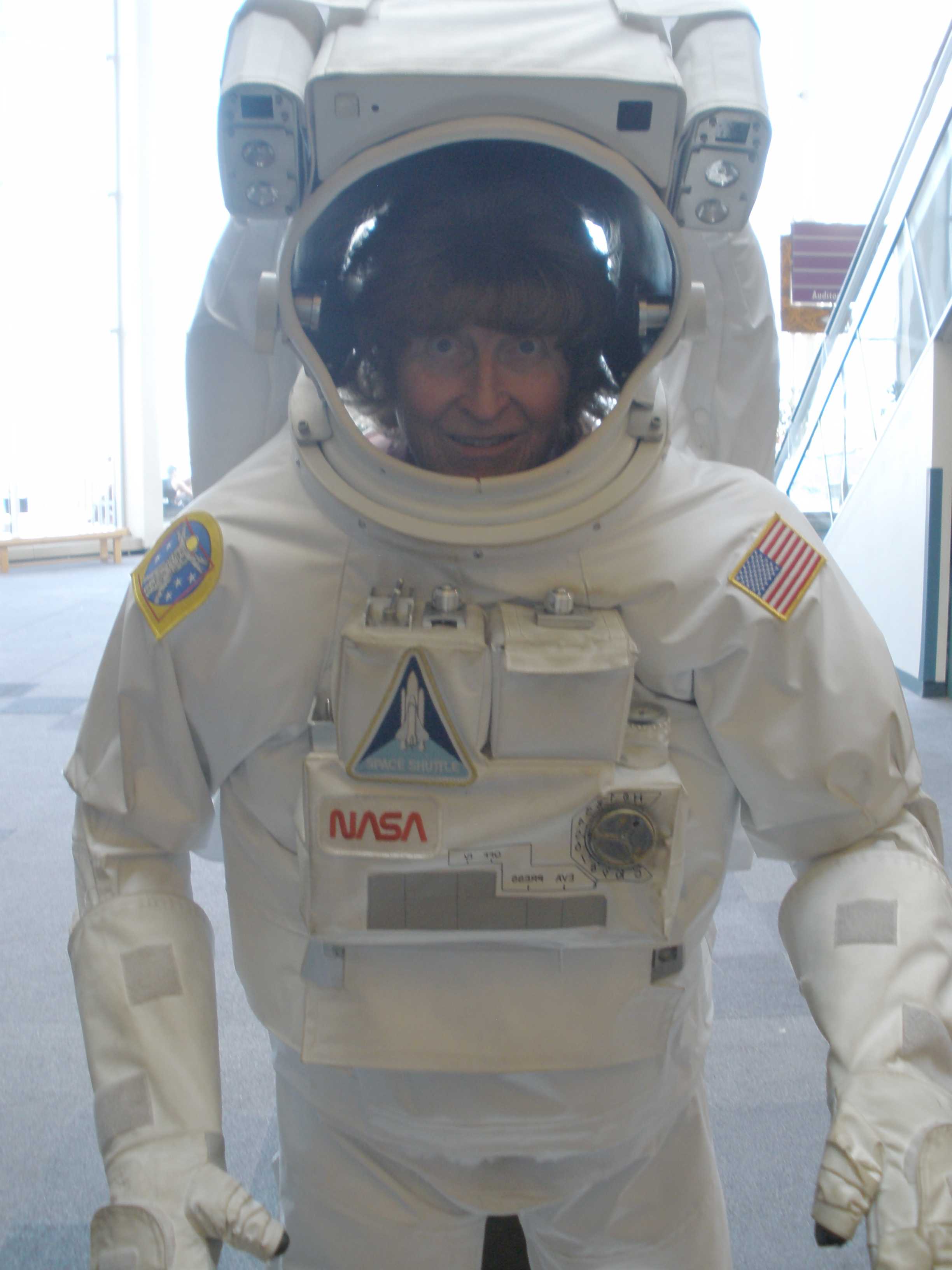Mike was one of the radio pioneers, and had a great signal. I was lucky in my younger years to actually talk to some of the spark guys while they were still alive. There were only 2 classes of licenses back in those times. The lower class was CW only and no 20 meters. The class A license was the cadillac of privileges.
W2OY would come on with a huge signal in the afternoon on 75 meters. Full KW AM and a dipole up on a monster tower.
"CQ phone. No lids. No kids. No Space Cadets. No School Bus Riders. Class A operators only. W2OY."
Then thump, and the S meter would eventually come down from the peg.
Or if you called CQ, he might jump on you for using "phony phonetics" - those not on the approved list available. An encounter with him often left an inexperienced operator visibly shaken. In retrospect, it was a rite of passage for those who lived anywhere in central New York.
His heart was in the right place, but the tactics he employed were harrowing, to say the least, if you were unfortunate enough to arouse his ire. Good memories.
Hear audio clips of him at:
And check out this tribute site:
http://http://hamgallery.com/Tribute/W2OY/
What exactly was Mike's beef ? Basically, changes in the licensing structure and testing. When he was licensed, there were class A and B licenses, and only class A granted Phone privileges. Class B was CW only, no 40 meters, and very restricted. Then the Novice, Tech, General, Advanced, and Extra were created, with generally the same frequencies and modes available to General and up.
Later, "incentive licensing" in the late 1960s left the licensing structure but severely reduced frequency privileges on phone for most of the ham population. It also raised Extra to 20 WPM code testing. Many left the hobby altogether, when we most needed new engineers, technicians, nad scientists. Wayne Green of 73 magazine fame often ranted about this development. Mike might have actually liked this change. The ARRL supported incentive licensing, a bad call.
Still later, the codeless Tech was created. It did encourage more to try ham radio. Many opposed it (me included) as the first crack in the dam. I was proved wrong.
Then the incentive licensing was partially undone with increased phone bandwidth for each class, a good move.
Finally, Morse Code testing was abolished internationally and then in the USA. Many opposed this, including the ARRL.
So the real issue was changes to the hobby as we moved toward the future. As the hobby evolves, we need to adapt to the change and improve or go the way of the dinosaurs.
This ain't your grandad's ARRL. A woman is at the helm now, too for the first time. Participation in the hobby is up, thanks to the changes noted above. While there are threats, the ARRL is the only effective tool we have to protect spectrum, lobby against broadband over power lines, and unite the community. Join ARRL. Run for office if you can. Support your local and regional officials if you can't; you are more likely to get a hearing ear for your rant. Join a traffic net. Volunteer and train for emergency service work. Become a VE and help new hams or teach a licensing class! Don't just bellyache! Get involved! Do something positive!
The full history is available at Wikipedia:

OBJECT LESSON:
Nearly half a century later, people are still talking about Mike, W2OY. If they are still talking about YOU fifty years from now, what will they be saying? Please try to leave behind something positive to help the hobby.
AB2RA, one of W2OY's original space cadets
 OBJECT LESSON:
OBJECT LESSON:
 Current Status of RM-11769, RM-11759, RM-11708, WT 16-239,
Current Status of RM-11769, RM-11759, RM-11708, WT 16-239,